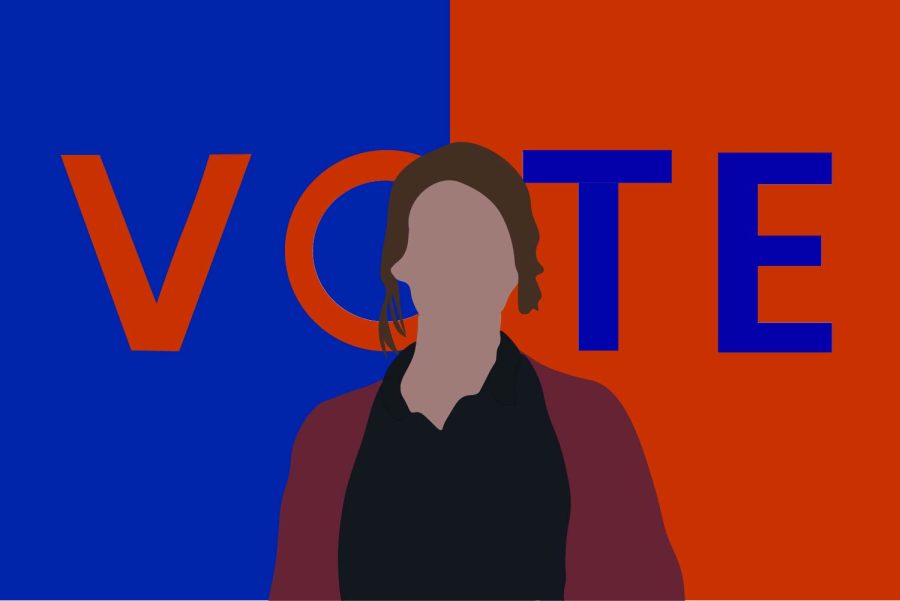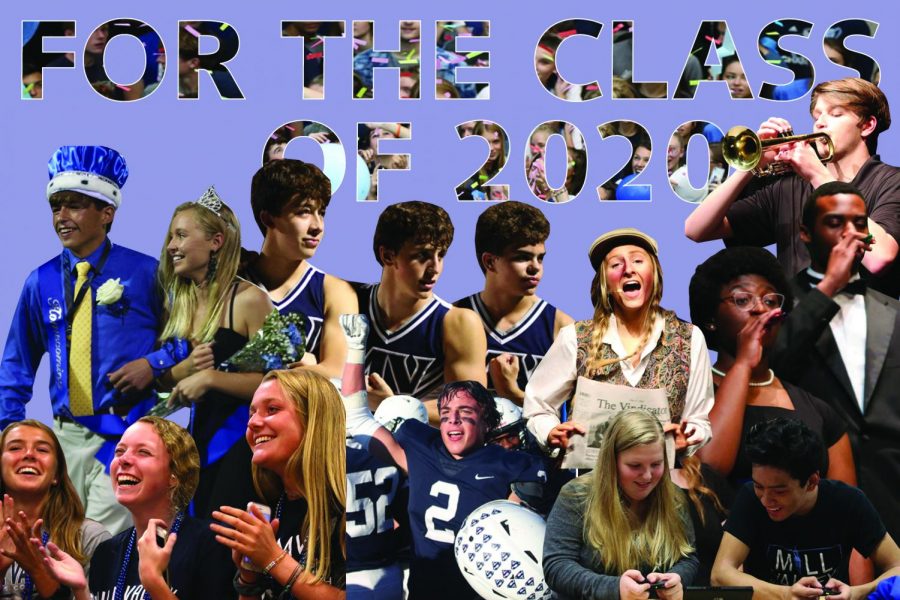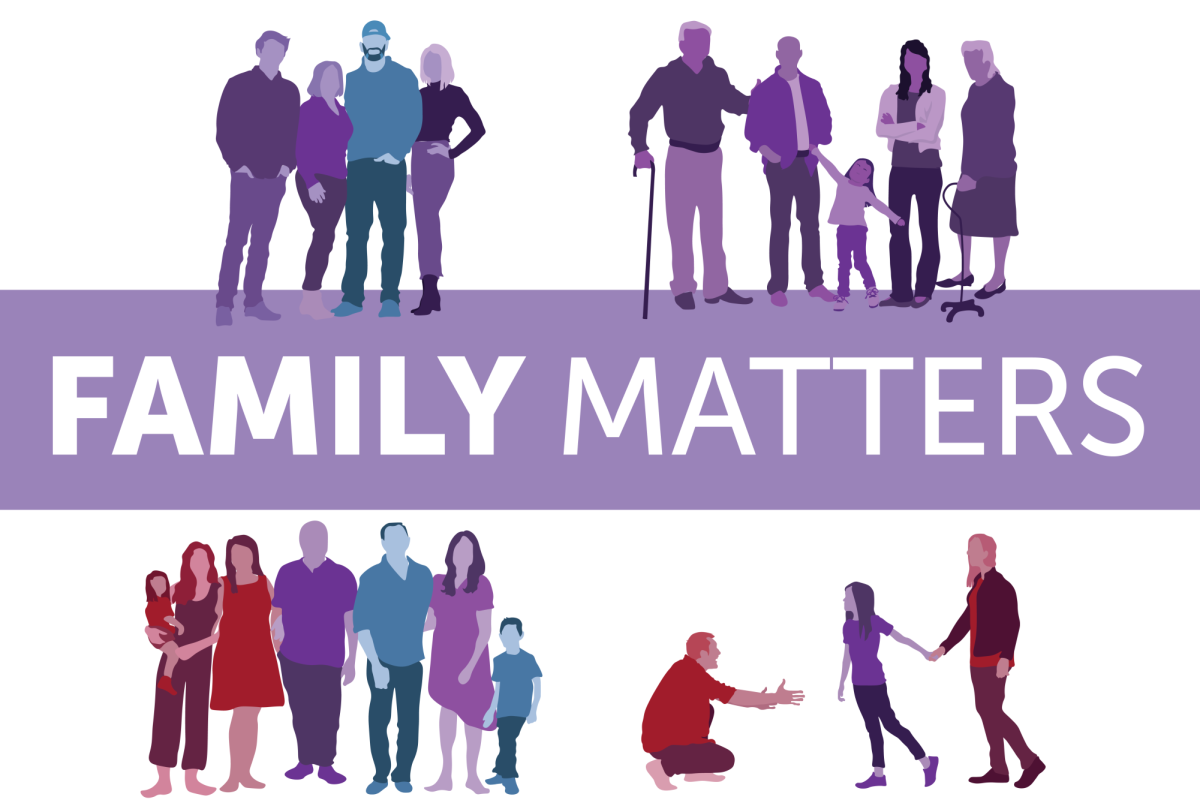Let’s face it: the Homecoming dance was a disaster. Of the 670 people who bought tickets, over 600 left early. We aren’t denying that the dance bombed, but we have to look ahead to the remaining dances- WPA and Prom.
After seeing the student reaction, it became clear that it would be difficult for future dances to sell enough tickets to pay for a DJ unless certain changes are made, most changes centering around the dance policy.
Both sides of this debate, the students and administrators, need to compromise and meet in the middle if it is ever going to be resolved. There is no reason for a four-point stance at a school function, but it’s also unreasonable to ask teenagers in this day and age to dance like our grandparents.
The administration needs to recognize that there will be either deserted dances or no dances at all unless they compromise with students. A committee needs to be formed, comprised of both students and faculty, to propose a change in policy to the Board of Education. In order to earn students’ trust back, administrators need to join the committee and fight just as hard as the students will fight for the change. The issue then becomes about an outdated policy, not rebellious students.
But policy cannot be changed overnight, and this year isn’t over.
In order to have a successful dance this school year, before any new policies can be approved, there needs to be an understanding between the administration and the students that some types of dancing will be acceptable.
The administration needs to understand that dancing changes over time, just like music. Dancing progressed through the Charleston, the Twist, Disco, break dancing and now has moved to what many term “grinding,” the type of dancing students know and see in music videos, movies, and teen clubs.
“Grinding” requires contact with a partner; however, it is not necessarily explicit. The connected sway may be abused in other places, but it can be kept clean, and it should be allowed. However, students need to realize they cannot take advantage of it or they will lose it for good. The gym is not Orlando’s; students shouldn’t dance the same way. If you wouldn’t want your grandma to see your dancing, then you’ve probably crossed the line.
In order to agree on the terms of this understanding, administrators and students should focus on creating a clear cut line between appropriate and inappropriate modern dancing, for instance, allowing contact between students and allowing the grind circle to which students have become accustomed.
However, students need to make concessions as well for the arrangement to work.
For the administration to allow students to dance in their way, it needs to be toned down from previous years’ dances, with fewer sexual implications. Any type of grinding that requires one partner bracing themselves on the ground (three-point/four-point stance) would be overly sexual and therefore against the rules. Frontal grinding and feeling up your partner would also be banned.
Students also need to realize that the problems at the dance were not the fault of a single person or group, because spreading blame does nothing to help get the administration to help change the policy. And the policy becomes much more likely to pass when both students and administrators approach the Board as a united front.
But most importantly, students just can’t give up on dances. Choosing to boycott, for whatever reason, is not the answer. Don’t let one dance affect the rest. Without compromise, students will lose a classic high school experience. What is a high school without dances? The students don’t want that and the administration doesn’t want that either.
The only way to avoid another disaster should be clear. Communication between students and administrators will become the key to whether dances will continue to exist or not.













